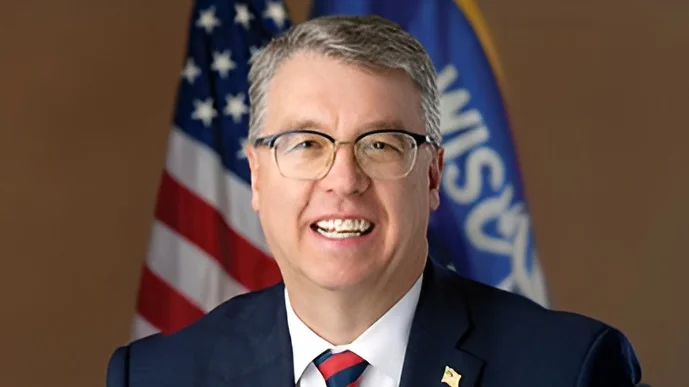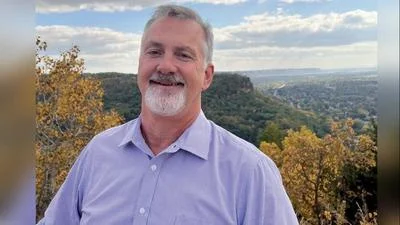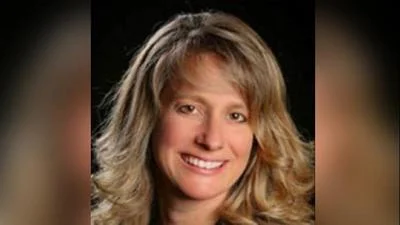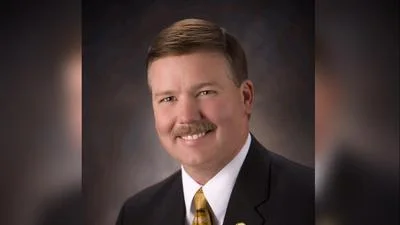Brad Pfaff, Wisconsin State Senator for 32nd District | Official Website
Brad Pfaff, Wisconsin State Senator for 32nd District | Official Website
According to the Wisconsin State Legislature's official website, the bill was described as follows: "license eligibility and restriction extensions relating to ignition interlock devices".
The following is our breakdown, based on the actual bill text, and may include interpretation to clarify its provisions.
In essence, the bill modifies laws relating to ignition interlock devices (IIDs) for individuals convicted of operating a vehicle under the influence (OWI). It extends the restriction period on a person’s driving privileges by 180 days for certain IID violations, including three or more violations within 60 days, tampering with the device, or unauthorized removal. It removes the 30- and 45-day waiting periods for applying for an occupational license after a revocation for an OWI offense or first test refusal. Instead, eligibility for an occupational license now begins immediately upon installation of an IID on any operated vehicle. The bill also mandates the development of an electronic process for IID providers to manage and report data on usage and violations.
The bill was co-authored by Representative John Spiros (Republican-86th District), Senator Dan Feyen (Republican-20th District), Senator Rob Hutton (Republican-5th District), Senator Chris Larson (Democrat-7th District), Senator Cory Tomczyk (Republican-29th District). It was co-sponsored by Representative Deb Andraca (Democrat-23rd District), Representative Robert Brooks (Republican-59th District), and Representative Barbara Dittrich (Republican-99th District), along 12 other co-sponsors.
Brad Pfaff has authored or co-authored another 35 bills since the beginning of the 2025 session, with none of them being enacted.
Ptaff graduated from the University of Wisconsin at Green Bay in 1960 with a BA.
Ptaff, a Democrat, was elected to the Wisconsin State Senate in 2021 to represent the state's 32nd Senate district, replacing previous state senator Jennifer Shilling.
In Wisconsin, the legislative process starts when a senator, constituent, group, or agency proposes an idea for a bill. After drafting, the bill is introduced, numbered, and referred to a committee for review and public input. If approved, it moves through three readings and votes in both the Senate and Assembly. Once both chambers pass the same version, the bill goes to the governor, who can sign it, veto it, or let it become law without a signature. Only a small share of bills introduced each session ultimately become law. You can learn more about the Wisconsin legislative process here.
| Bill Number | Date Introduced | Short Description |
|---|---|---|
| SB248 | 05/09/2025 | License eligibility and restriction extensions relating to ignition interlock devices |
| SB215 | 04/16/2025 | Town clerk and treasurer appointments, publication requirements for proposed budget summary and notice of public hearing, and discontinuance of highways. (FE) |
| SB208 | 04/16/2025 | Prohibiting hedge funds from acquiring single-family homes in this state. (FE) |
| SB148 | 03/21/2025 | The right to repair agricultural equipment, and providing a penalty. (FE) |
| SB50 | 02/21/2025 | Health care costs omnibus, granting rule-making authority, making an appropriation, and providing a penalty. (FE) |





 Alerts Sign-up
Alerts Sign-up